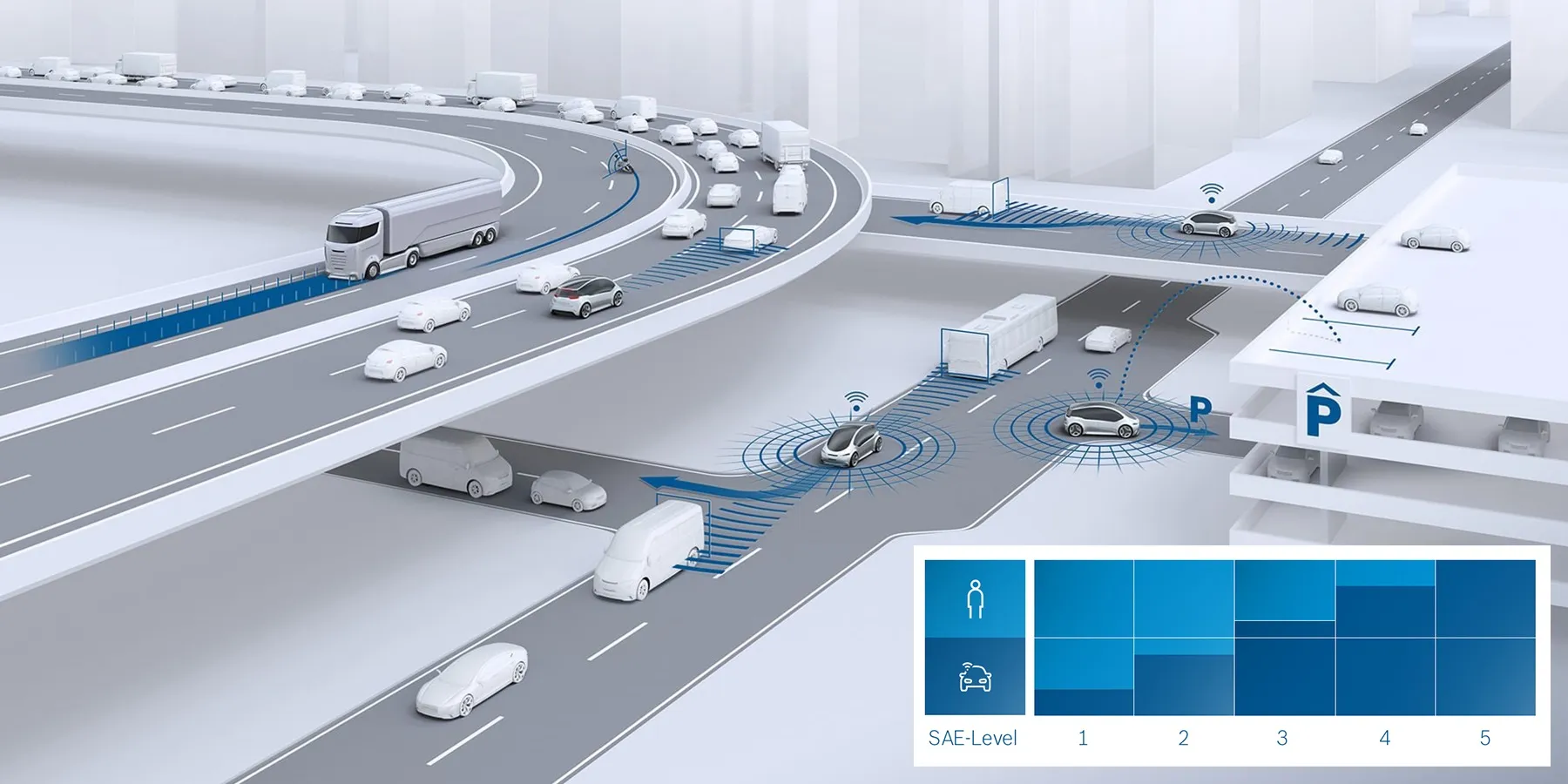
Amazon Web Services (AWS) and BlackBerry have signed a global deal to develop and market the latter's intelligent vehicle data platform, Ivy.
The scalable, cloud-connected software platform allows carmakers to read vehicle sensor data - and to create actionable insights from it both in the car itself and the cloud.
BlackBerry says Ivy "addresses a critical data access, collection and management problem in the automotive industry".
The company's point is that vehicles comprise thousands of components - many of which produce data - from different suppliers, and that each vehicle model has its own proprietary hardware and software.
"The highly specific skills required to interact with this data, as well as the challenges of accessing it from within contained vehicle subsystems, limit developers’ abilities to innovate quickly and bring new solutions to market," the company continues in a statement.
BlackBerry says Ivy can support multiple vehicle operating systems and multi-cloud deployments "in order to ensure compatibility across vehicle models and brands".
Building upon BlackBerry's own, widely-used QNX technology, it will run inside a vehicle’s embedded systems, but will be managed and configured remotely from the cloud.
AWS’s capabilities for Internet of Things (IoT) and machine learning will be a key element.
For vehicle manufacturers, the system will make collaboration with various developers easier, BlackBerry suggests, and speed up the development of connected services across OEM brands.
The partners suggest Ivy could also help manufacturers to understand how drivers perform in hazardous road conditions and adjust driver assistance features accordingly.
“Data and connectivity are opening new avenues for innovation in the automotive industry," said BlackBerry CEO John Chen.
“This software platform promises to bring an era of invention to the in-vehicle experience and help create new applications, services, and opportunities without compromising safety, security or customer privacy."
AWS CEO Andy Jassy insists: “Through this joint effort with BlackBerry, we will provide automakers with the insights, capabilities, agility, and speed they need to thrive in an increasingly connected world."









